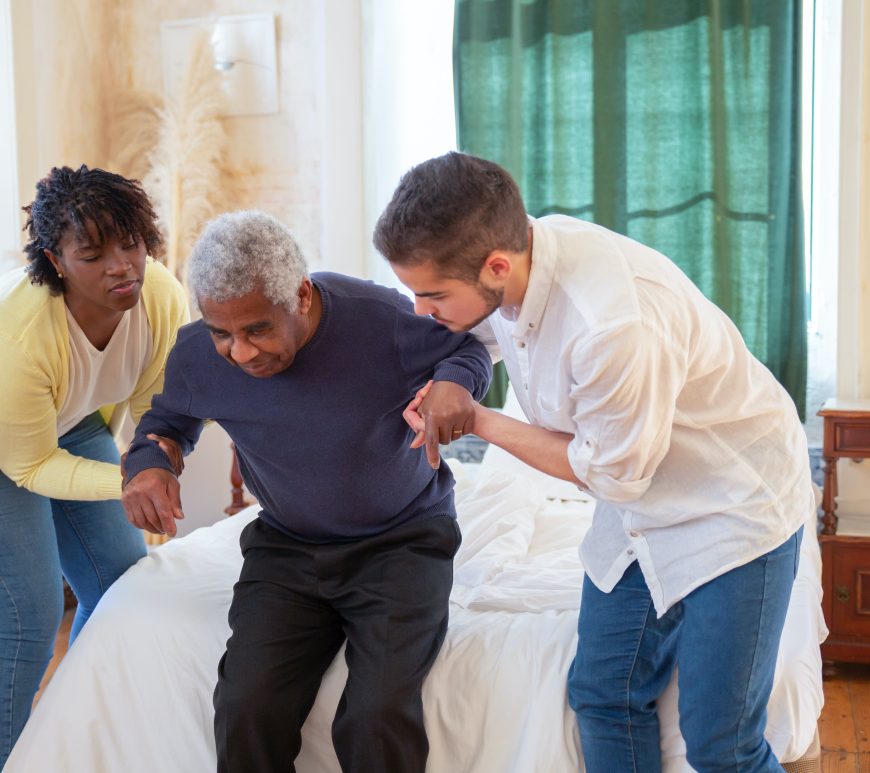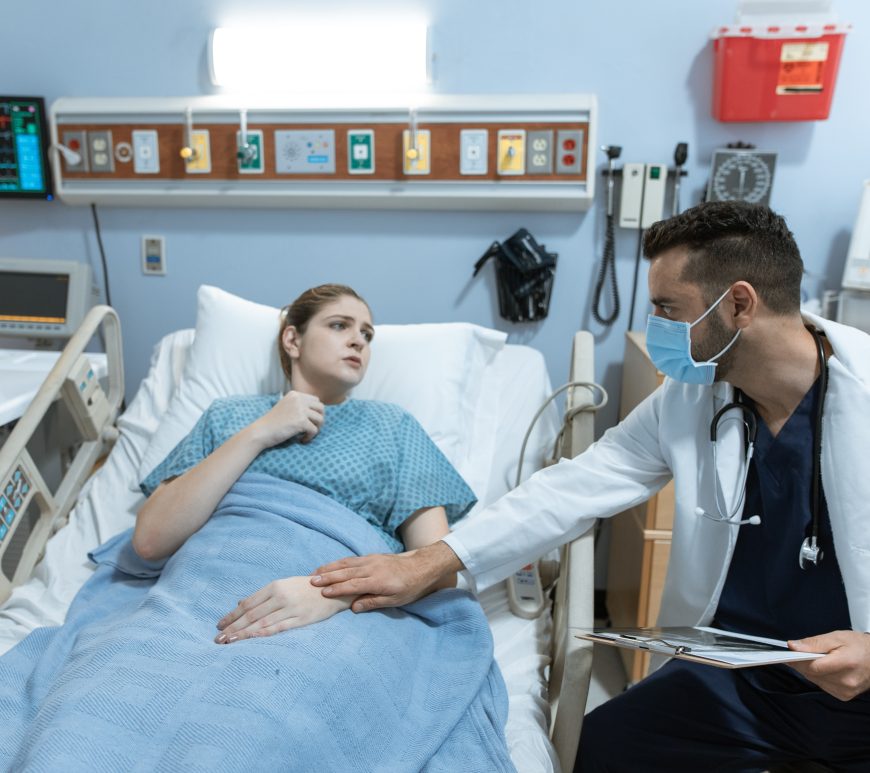
Can stretching exercises outperform observation for infant foot deformities?
In 2017, a study by Perajit Eamsobhana and colleagues has cast doubt on the effectiveness of parental stretching programs in treating metatarsus adductus (MA), a common foot deformity in newborns. Traditionally, MA, which causes the front half of the foot to turn inward, is managed through observation, with corrective casting recommended if the condition persists beyond 4-6 months of age. However, there has been little … Continue reading Can stretching exercises outperform observation for infant foot deformities?


